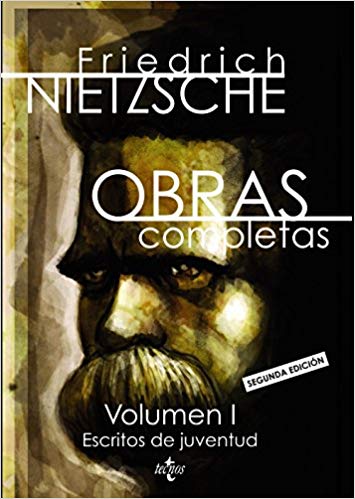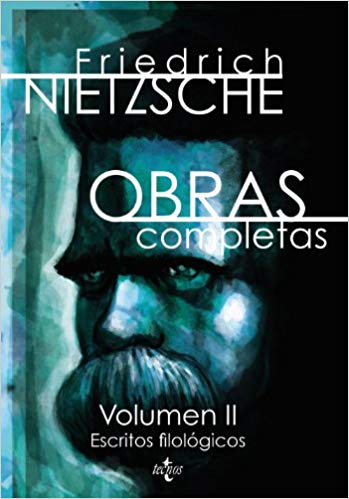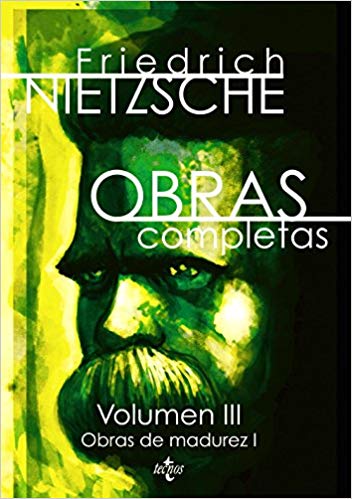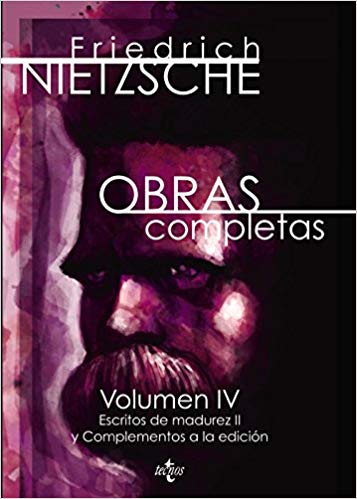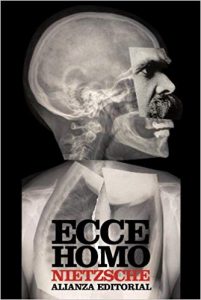Breaking with the usual trend of reviewing novelists, I am going to stop at one of those singular thinkers, for me the most singular of all. Nietzsche maintained a hard struggle with his internal forum, trying in that struggle with his ego to extract everything that a human can relate metaphysically about being, on consciousness, the ultimate epistemology that would lead him to God or to hell itself.
In the end he ended up in the closest thing to a hell that can be on Earth, he tried to defend himself, nihilism through, so as not to succumb to the labyrinths of the mind like Dante's circles only without lyrical overcoming. The outbreaks of madness ended up besieging him in his last days, with that taste of defeat for the thinker who was close to knowing everything and in the end ended up being punished by the gods or burned by the fire of the initial energy.
Captured by political ideologies, repudiated at times or elevated to altars at others ..., in my humble opinion Nietzsche only spoke to himself, trying to convince himself that he was on the right path, and hoping to one day return from the cave with the exact answers to all the questions. Before ordering my selection of the three best books by this genius of modern thought, let me tell you that you can currently have all of Nietzsche's work in these interesting volumes.
3 recommended books by Friedrich Nietzsche
Thus spoke Zaratrusta
I have to confess that when I had this first book by Nietzsche in my hands, something like a kind of respect struck me, as if I had another sacred book before me, like a bible for agnostics determined to stop being agnostic.
That of the superman struck me, well-founded, credible, motivating..., but at times it also sounded to me like excuses of the defeated man, incapable of escaping the void.
Summary: Where he collects in the form of an aphorism the essential of his philosophy, destined to the creation of the superman. It has been said that Thus Spoke Zarathustra can be considered as the counter-figure of the Bible, and constitutes a bedside book for those who seek Truth, Good and Evil. One of the fundamental works within the philosophy of the nineteenth century.
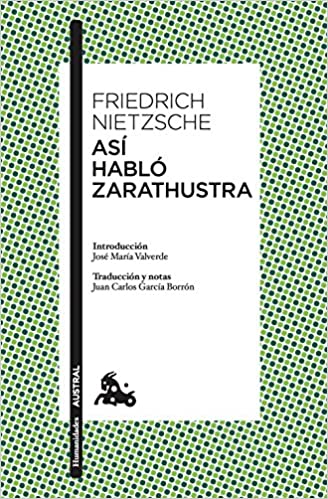
The dusk of the idols
Everything before Nietzsche, according to Nietzsche, seems ostracized per se. The most illustrious thought in history turns out to be an empty show, without support or transforming capacity.
But let's not be harsh, it is not about the high esteem of a dictator, it is just about the philosopher and his loneliness, about his desire to understand once and for all what the hell we are doing here. And the simple idea is downright exhausting.
Summary: Nietzsche calls Socrates the first faker, because his tangled lyric and maieutics did not support to a certain extent the scope of knowledge and to a lesser extent the support for other philosophers who could stand out like Diogenes.
The second of those that Nietzsche calls phonies is Kant, and this time he not only touches the "Christian" spirit that he possessed, but also rants about the uselessness of knowledge and of the approaches that Kant himself made.
For example, we have the “thing in itself” and the “thing for itself”, Nietzsche discusses it as superfluous, and as an isolation of the human being with knowledge, but without taking the radical reins of it, since the fact of Not fully knowing something does not completely separate it from wanting to overcome it with an approach such as that of the unattainable, without leaving a little room for reflection.
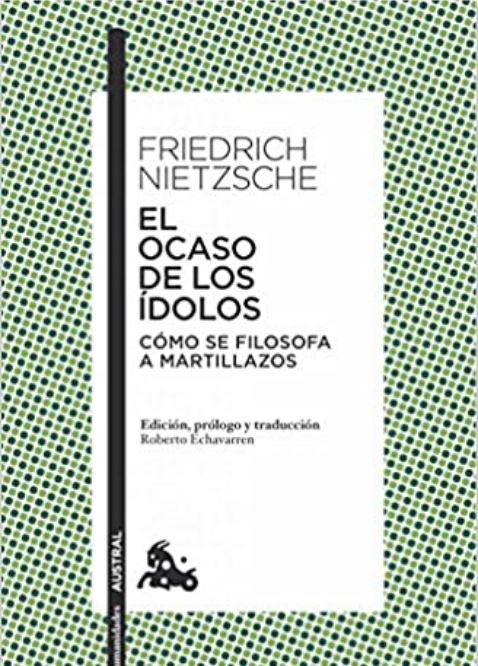
Ecce Homo, how does one become what is
Nietzsche's lucidity may reside in this book. He already knew that lost man, beaten by life, with open veins and his crown of thorns, devoted to the fatal cause of encompassing all human reason and his environment. A new Ecce Homo that would never resurrect to dwell among us again.
Summary: Puzzling and enigmatic book, written under dramatic circumstances (completed in November 1888, its author would lose his mental faculties completely and forever two months later), Ecce homo is a general recapitulation of the ideas of Friedrich Nietzsche (1844-1900 ) and a guide to his intellectual itinerary.
This edition is complemented by an introduction and abundant notes by Andrés Sánchez Pascual, also a translator of the work. Without a doubt, one of the most important books in the thinking of its author and that allows us to take a last look at all of his ideas before his disappearance.

